
Freetown: The Vibrant Heart of Sierra Leone
Freetown, the bustling capital of Sierra Leone, is a city that pulses with energy and history. Nestled along the Atlantic coast, this city offers a unique blend of cultural heritage, natural beauty, and a friendly atmosphere. From its scenic beaches to its historical landmarks, Freetown is a treasure trove waiting to be explored. One of the city's most iconic sites is the Cotton Tree, a symbol of freedom and hope for the people of Sierra Leone. Standing tall in the heart of the city, this ancient tree has witnessed the country's journey from colonial times to independence. Nearby, you can visit the Sierra Leone National Museum, which houses a fascinating collection of artifacts that tell the story of the nation. Freetown's beaches are another highlight, with Lumley Beach being a favorite among both locals and tourists. Here, you can relax on the golden sands, swim in the clear waters, or enjoy a variety of water sports. The beachside bars and restaurants offer a taste of local cuisine, with fresh seafood being a particular delight. Adventure seekers will find plenty to do in Freetown. The Tacugama Chimpanzee Sanctuary is a must-visit, providing a home for rescued chimps and offering guided tours through the lush forest. For breathtaking views of the city and the ocean, head to Leicester Peak, which is perfect for hiking and photography. Freetown is also known for its vibrant markets, where you can immerse yourself in the local culture and shop for handmade crafts, textiles, and fresh produce. The bustling atmosphere and friendly vendors make for a memorable experience. Don't miss out on the local street food, which offers a delicious array of flavors and dishes. Whether you're interested in history, nature, or simply soaking up the local vibe, Freetown has something for everyone. Its welcoming spirit and diverse attractions make it a destination worth exploring.
Local tips in Freetown
- Visit the Cotton Tree early in the morning to avoid crowds and enjoy a peaceful experience.
- Lumley Beach is best visited on weekdays to avoid the weekend rush.
- Hire a local guide for a more insightful tour of the Sierra Leone National Museum.
- Bring comfortable hiking shoes for the trek up Leicester Peak.
- Carry cash as many local vendors and markets do not accept credit cards.
- Try the local dish 'Groundnut Stew' for an authentic culinary experience.
- Use mosquito repellent, especially if visiting the Tacugama Chimpanzee Sanctuary.
- Always ask for permission before taking photos of people in the local markets.
Freetown: The Vibrant Heart of Sierra Leone
Freetown, the bustling capital of Sierra Leone, is a city that pulses with energy and history. Nestled along the Atlantic coast, this city offers a unique blend of cultural heritage, natural beauty, and a friendly atmosphere. From its scenic beaches to its historical landmarks, Freetown is a treasure trove waiting to be explored. One of the city's most iconic sites is the Cotton Tree, a symbol of freedom and hope for the people of Sierra Leone. Standing tall in the heart of the city, this ancient tree has witnessed the country's journey from colonial times to independence. Nearby, you can visit the Sierra Leone National Museum, which houses a fascinating collection of artifacts that tell the story of the nation. Freetown's beaches are another highlight, with Lumley Beach being a favorite among both locals and tourists. Here, you can relax on the golden sands, swim in the clear waters, or enjoy a variety of water sports. The beachside bars and restaurants offer a taste of local cuisine, with fresh seafood being a particular delight. Adventure seekers will find plenty to do in Freetown. The Tacugama Chimpanzee Sanctuary is a must-visit, providing a home for rescued chimps and offering guided tours through the lush forest. For breathtaking views of the city and the ocean, head to Leicester Peak, which is perfect for hiking and photography. Freetown is also known for its vibrant markets, where you can immerse yourself in the local culture and shop for handmade crafts, textiles, and fresh produce. The bustling atmosphere and friendly vendors make for a memorable experience. Don't miss out on the local street food, which offers a delicious array of flavors and dishes. Whether you're interested in history, nature, or simply soaking up the local vibe, Freetown has something for everyone. Its welcoming spirit and diverse attractions make it a destination worth exploring.
When is the best time to go to Freetown?
Iconic landmarks you can’t miss
Cotton Tree
Discover the iconic Cotton Tree in Freetown, a historical landmark symbolizing freedom and resilience in Sierra Leone's rich cultural tapestry.
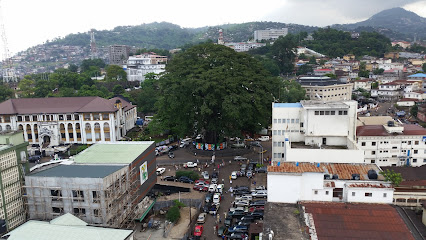
Visit Sierra Leone (VSL Travel)
Discover Sierra Leone's hidden gems with VSL Travel, your local travel experts for unforgettable experiences in this beautiful West African country.
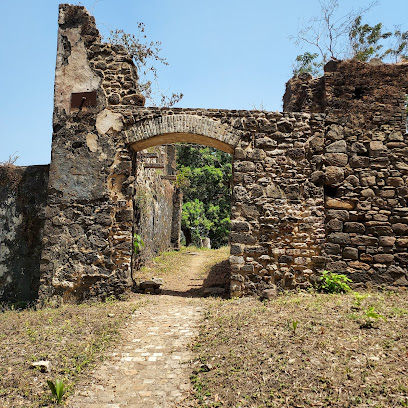
Sierra Leone Peace Museum
Explore the legacy of resilience and peace at Sierra Leone Peace Museum, a profound journey through history and hope in Freetown.
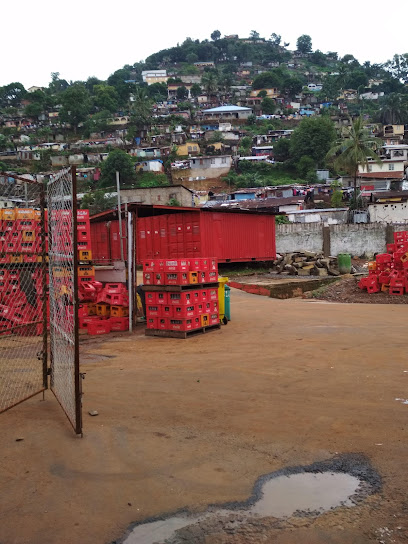
National Railway Museum
Explore Sierra Leone's railway history at the National Railway Museum, where the past comes alive through fascinating exhibits and vintage locomotives.
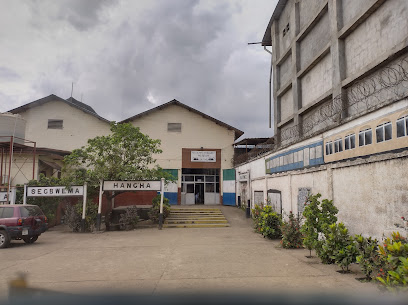
Freetown Central Mosque
Explore the serene beauty of the Freetown Central Mosque, a stunning example of Islamic architecture and a key cultural landmark in Sierra Leone.
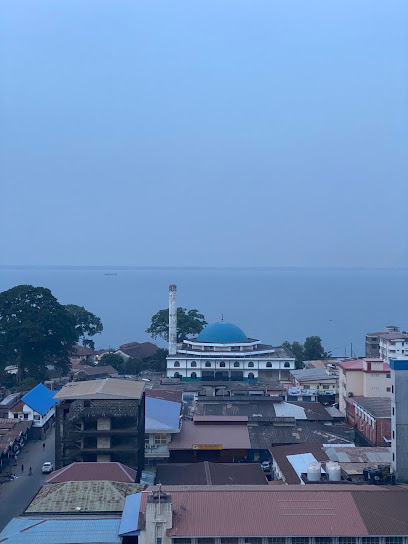
Old Fourah Bay College
Explore the legacy of education at Old Fourah Bay College, one of Africa's oldest universities, nestled in the heart of Freetown's historical landscape.
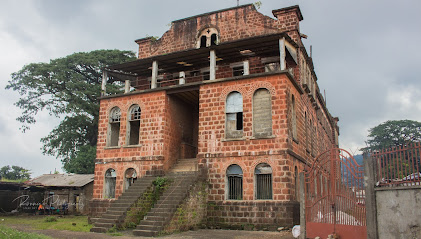
State House of Sierra Leone
Explore the majestic State House of Sierra Leone, a symbol of governance and history in the heart of Freetown.
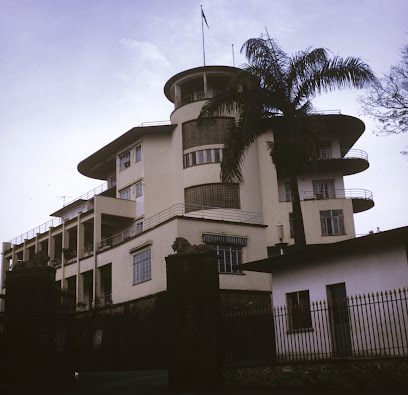
Climb Salone
Experience the thrill of rock climbing at Climb Salone, a top destination for adventure seekers in Freetown, Sierra Leone.
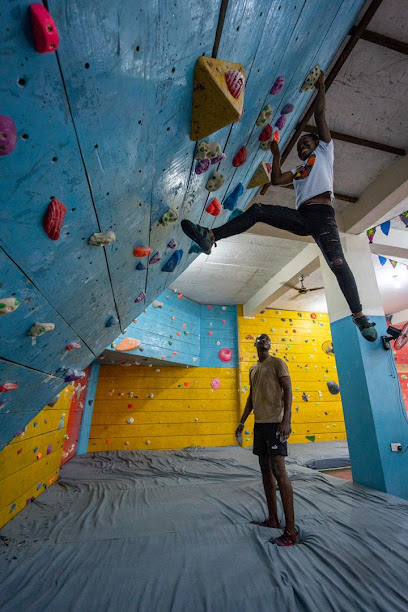
St. John's Maroon Church
Discover the spiritual and cultural heritage of Freetown at St. John's Maroon Church, a vibrant hub of community and history.
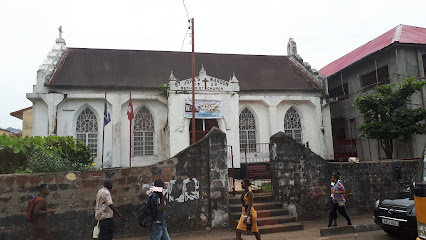
Parliament Of Sierra Leone
Discover the Parliament of Sierra Leone, a historic gem in Freetown that embodies the spirit of democracy and offers a glimpse into the nation's political heritage.
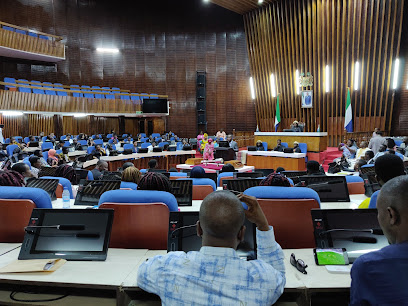
KingTom Landfill Freetown
Discover KingTom Landfill in Freetown, a historical landmark showcasing environmental challenges and community resilience in urban development.
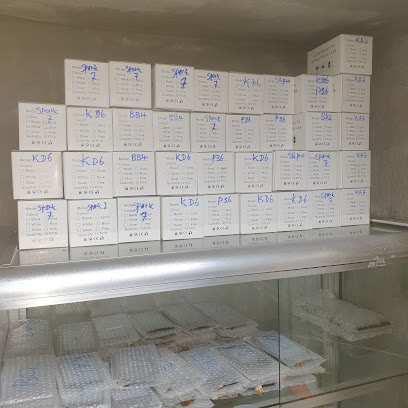
Leone Lodge Freetown
Experience the warmth of Sierra Leonean hospitality at Leone Lodge in Freetown, your ideal retreat for relaxation and local exploration.

Looking town
Explore the vibrant community and rich culture of Looking Town in Freetown, where local life thrives in every corner.
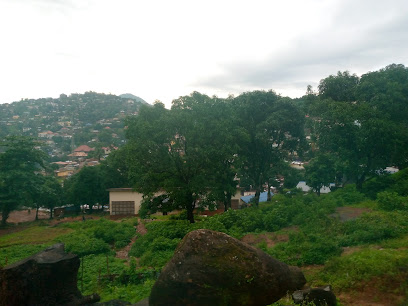
Sierra Leone Peace & Culture Monument
Discover the Sierra Leone Peace & Culture Monument in Freetown, a serene park showcasing the rich history and resilience of Sierra Leone's people.
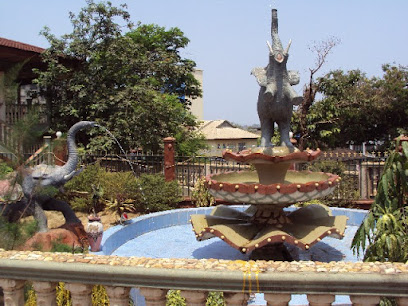
Bat Hole Regent Village Freetown Sierra Leone
Explore Bat Hole Regent Village in Freetown, a vibrant housing development showcasing local culture, architecture, and community life in Sierra Leone.
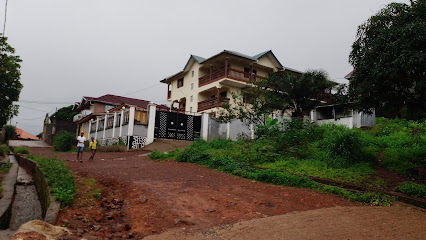
Unmissable attractions to see
Nelson's Dockyard
Discover the historical significance and natural beauty of Nelson's Dockyard, an enchanting UNESCO World Heritage Site in Antigua.
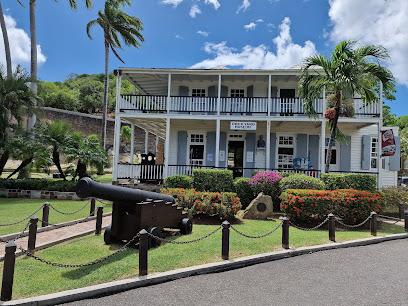
Stingray City Antigua
Discover the enchanting world of stingrays at Stingray City Antigua, where adventure meets tranquility in the heart of the Caribbean.
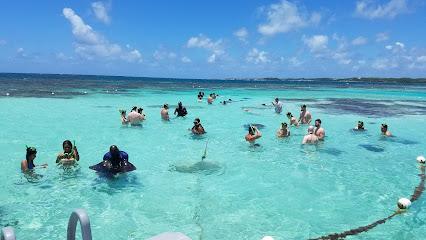
Devil's Bridge National Park
Explore the stunning coastal views and rich history of Devil's Bridge National Park, a hidden gem in Antigua that showcases nature's artistry.
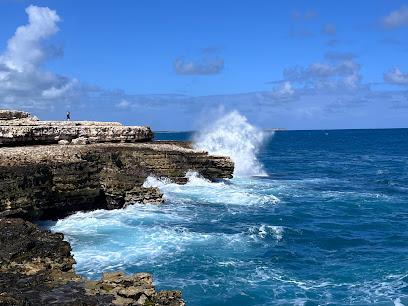
Sir Vivian Richards Stadium
Discover the excitement of Sir Vivian Richards Stadium, a premier venue for cricket and cultural events in Antigua, celebrating the island's rich sports heritage.
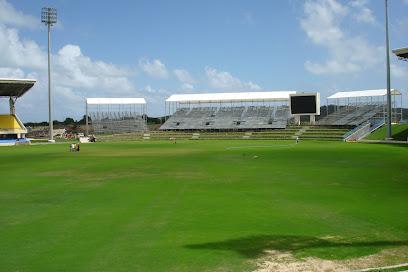
Royalton Antigua, An Autograph Collection All-Inclusive Resort
Experience ultimate relaxation and luxury at Royalton Antigua, an all-inclusive resort in the breathtaking Five Islands village of Antigua.

Galleon Beach
Discover Galleon Beach in Antigua: a stunning public beach with soft sands, crystal-clear waters, and thrilling water sports for all ages.
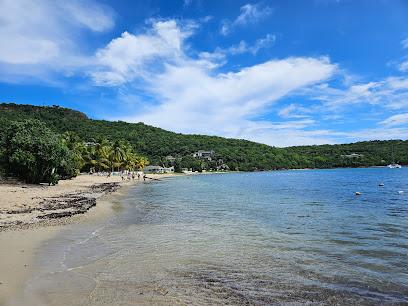
Pigeon Point Beach
Discover the stunning Pigeon Point Beach in Antigua, where white sands meet turquoise waters in a perfect Caribbean getaway.
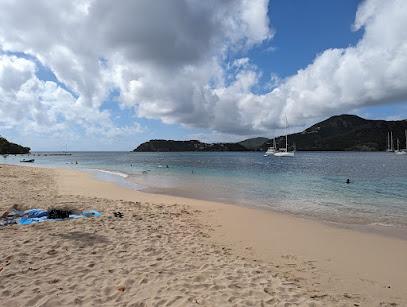
The Blockhouse
Explore The Blockhouse in Piccadilly, Antigua, a captivating historical site offering stunning views and rich narratives of the island's past.
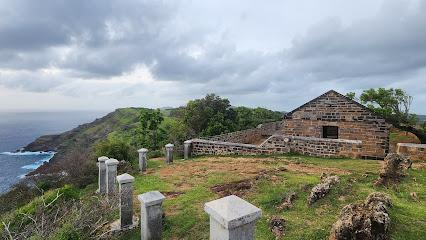
Dickenson Bay Beach
Explore the unrivaled beauty of Dickenson Bay Beach, a Caribbean gem in Cedar Grove, where sun, sand, and sea create unforgettable memories.
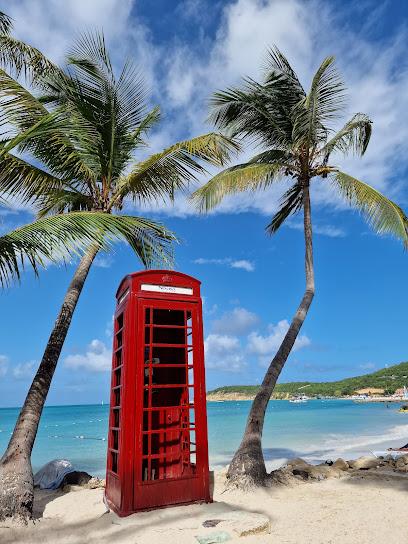
Long Bay Beach
Discover Long Bay Beach in Antigua: A serene paradise with soft sands, clear waters, and breathtaking sunsets, perfect for relaxation and adventure.
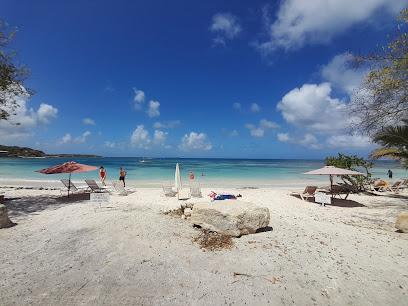
Museum Of Antigua & Barbuda
Explore the fascinating history and culture of Antigua & Barbuda at the Museum of Antigua & Barbuda, a must-visit for every traveler.
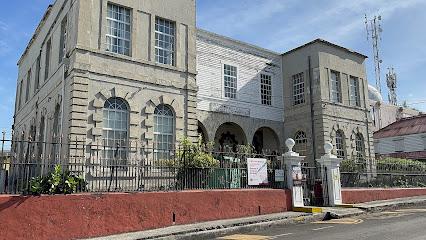
Betty's Hope Historic Sugar Plantation
Discover the rich history of Antigua at Betty's Hope Historic Sugar Plantation, where the echoes of the past come alive amidst stunning landscapes.
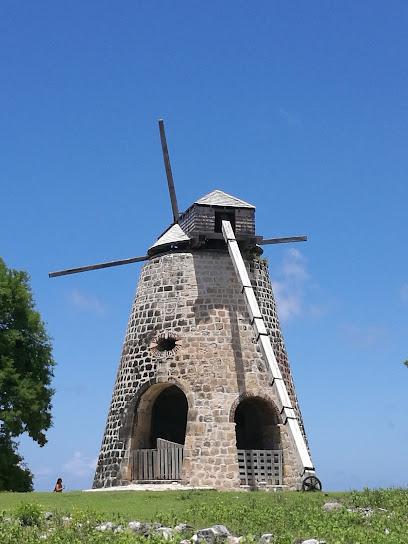
Saint John's Cathedral
Discover the architectural beauty and historical significance of Saint John's Cathedral, a must-visit attraction in Antigua's capital city.
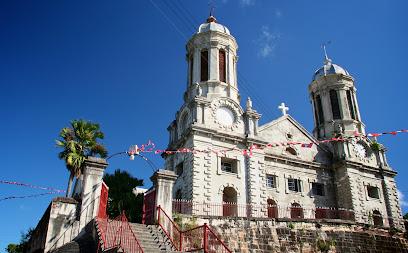
Dow's Hill Interpretation Centre
Explore the rich history and natural beauty at Dow's Hill Interpretation Centre, a premier destination in Antigua's national park.
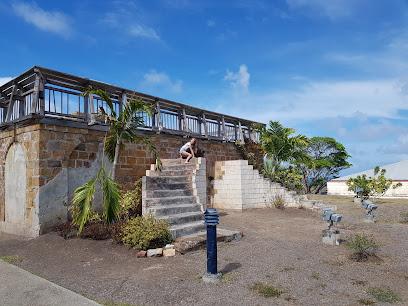
Darkwood Beach
Discover the beauty and tranquility of Darkwood Beach in Antigua, where golden sands meet crystal-clear waters for the ultimate tropical getaway.
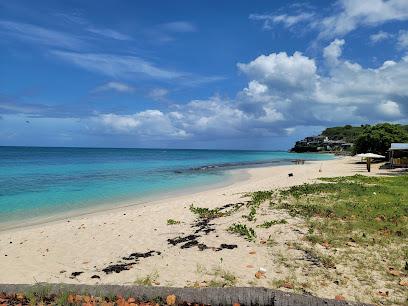
Essential places to dine
Roy Hotel & Restaurant
Experience coastal dining at its finest at Roy Hotel & Restaurant with fresh seafood and breathtaking views on Lumley Beach.
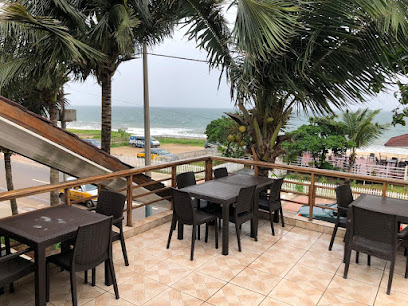
Crown Bakery
Discover authentic Sierra Leonean flavors at Crown Bakery in Freetown - where freshly baked goods meet warm hospitality.
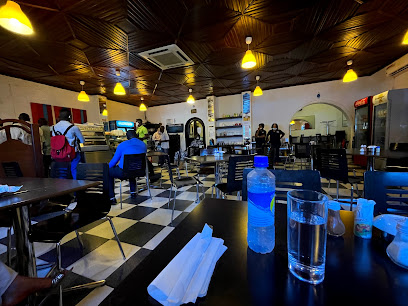
Crown Xpress
Experience the vibrant flavors of Sierra Leone at Crown Xpress - where local cuisine meets international flair in Freetown.
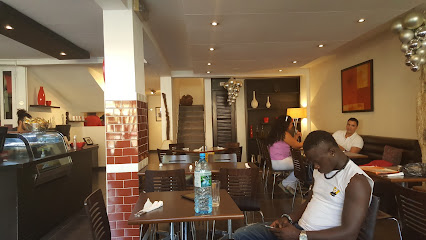
Bliss Restaurant
Experience the flavors of Sierra Leone at Bliss Restaurant - where every meal is a celebration of taste and culture.
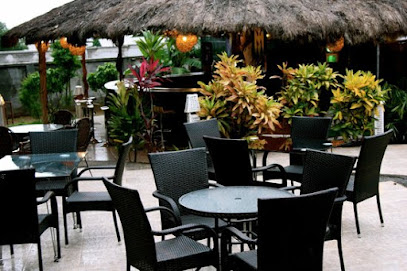
Papaya Restaurant
Experience the vibrant culinary scene at Papaya Restaurant in Freetown - where local flavors meet international cuisine.
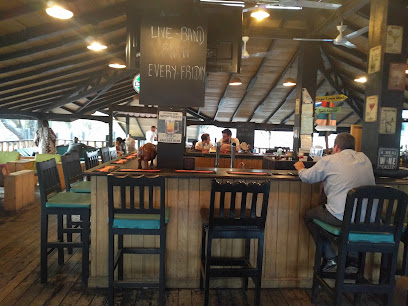
Olba Restaurant
Experience authentic Mediterranean flavors at Olba Restaurant in Freetown – where every meal is a celebration of taste and culture.
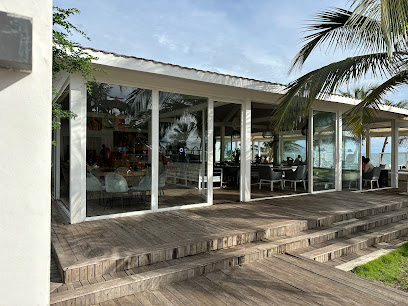
Roof Garden Bar & Restaurant
Savor exquisite local flavors and stunning views at Roof Garden Bar & Restaurant in Freetown's vibrant atmosphere.
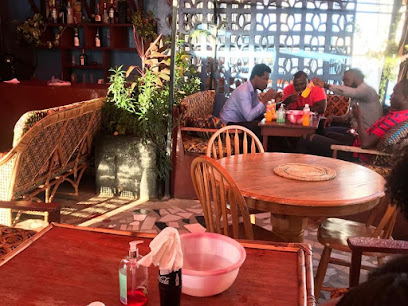
LOR Resturant
Discover authentic Sierra Leonean flavors at LOR Restaurant in Freetown – where culinary tradition meets modern dining.
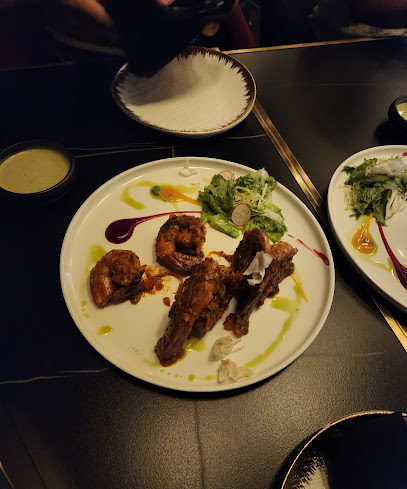
Lumley Restaurant and Fast Food
Experience authentic Sierra Leonean flavors at Lumley Restaurant and Fast Food in Freetown - a culinary gem for every traveler.
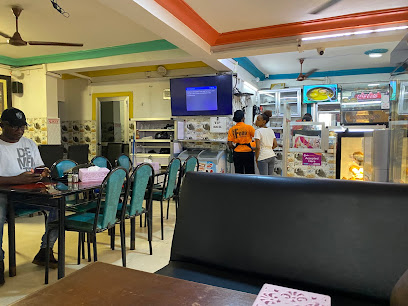
Lovetta's Kitchen Sport Bar And Restaurant
Experience authentic Sierra Leonean cuisine and vibrant nightlife at Lovetta's Kitchen Sport Bar And Restaurant in Freetown.
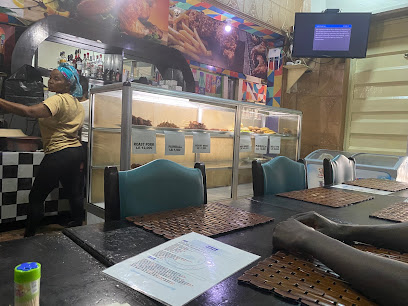
Swan restaurant & Grill
Experience the vibrant flavors of Sierra Leone at Swan Restaurant & Grill in Freetown – where culinary excellence meets local charm.
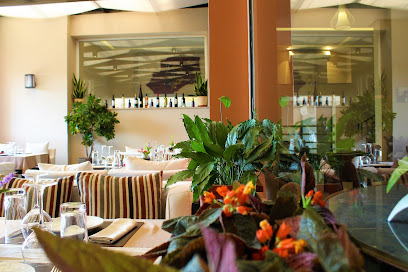
Brimelia Vegetarian Restaurant
Experience the vibrant flavors of vegetarian cuisine at Brimelia Vegetarian Restaurant in Freetown – where health meets taste.
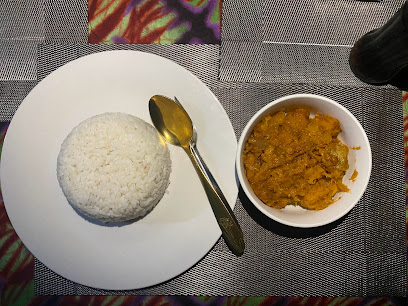
Olive's Garden
Discover culinary delights at Olive's Garden in Freetown - where local flavors meet breathtaking ocean views.
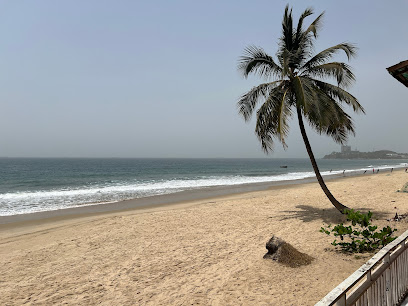
Francesca's
Experience authentic Sierra Leonean cuisine at Francesca's in Freetown—where every meal tells a story of local tradition.
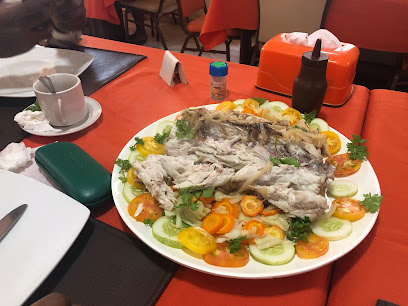
Pulse Resturant and Bar
Experience authentic Sierra Leonean flavors at Pulse Restaurant and Bar in Freetown – where local cuisine meets vibrant atmosphere.
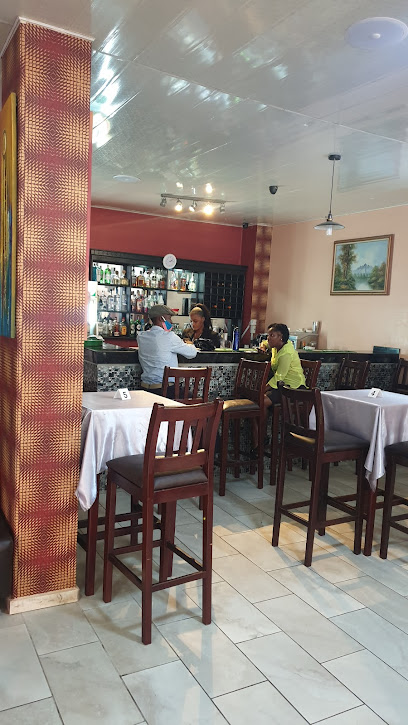
Markets, malls and hidden boutiques
Freetown Mall
Discover everyday essentials and local flavors at Freetown Mall, a vibrant supermarket in the heart of Sierra Leone's capital.
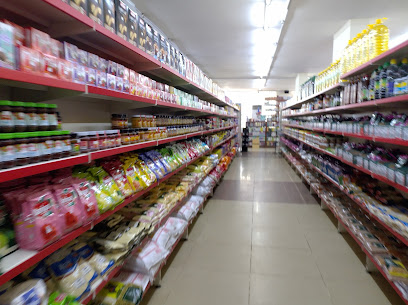
Type A House of Electronics SL Ltd.
Explore the tech paradise at Type A House of Electronics in Freetown, where quality meets affordability in the world of gadgets.
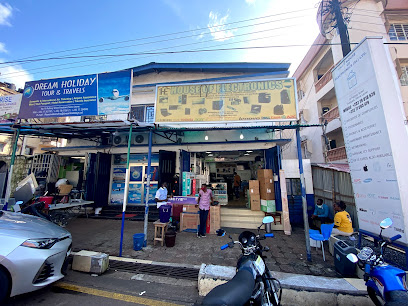
Big Makit
Experience the best of Freetown shopping at Big Makit, where local culture meets international flair in a vibrant atmosphere.
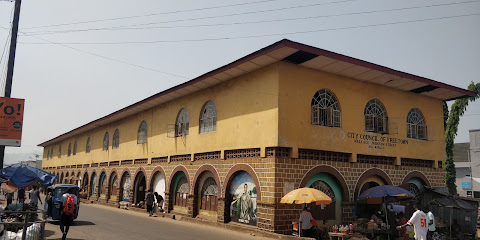
Wepaddy
Explore Wepaddy in Freetown for the latest men's fashion trends, quality clothing, and exceptional customer service.
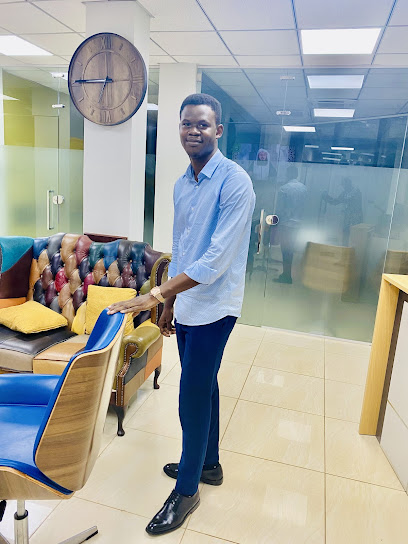
Fashion One
Discover the vibrant fashion scene at Fashion One in Freetown, offering a unique blend of local and international styles for all tastes.
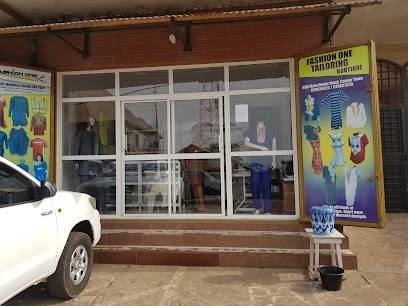
MARKS CLOTHING
Explore a vibrant selection of clothing in Freetown at Marks Clothing, where local culture meets contemporary fashion.
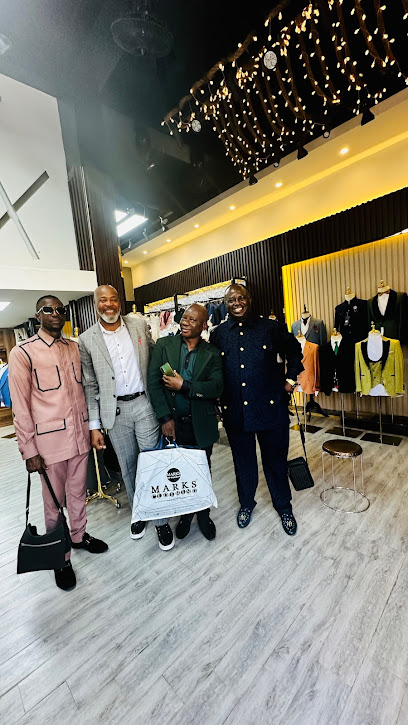
Sinko store
Experience the lively culture and unique shopping offerings at Sinko Store, a vibrant shopping hub in Freetown, Sierra Leone.
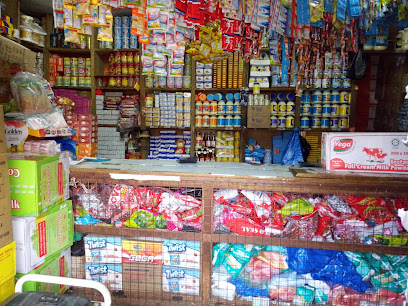
Colisee Boutique
Explore Colisee Boutique in Freetown for unique, handcrafted items that capture the spirit of Sierra Leonean culture and artistry.
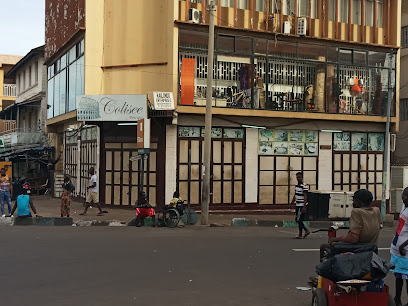
Hawawa Boutique Freetown SL
Explore the charm of Hawawa Boutique in Freetown, where local artistry meets unique fashion in a vibrant shopping experience.

Kadie T Enterprise
Explore Kadie T Enterprise in Freetown for a unique blend of local and contemporary fashion, perfect for every style-savvy traveler.

Blush Freetown
Discover unique gifts and authentic beauty products at Blush Freetown, where local artisans meet vibrant Sierra Leonean culture.
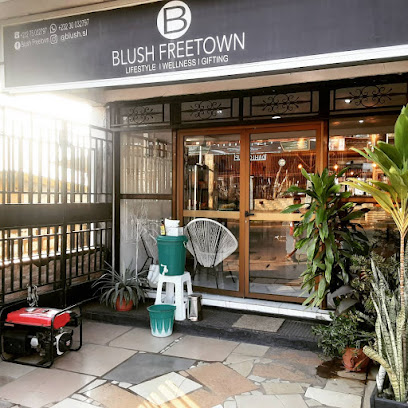
Vision Boutique
Discover Freetown's finest men's fashion at Vision Boutique, where style meets local craftsmanship in a vibrant shopping experience.
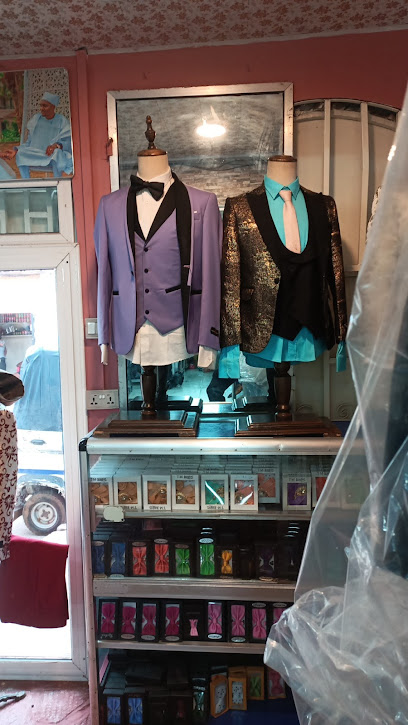
Kay Pee &Sons
Explore Kay Pee & Sons in Freetown for unique home goods that celebrate Sierra Leonean craftsmanship and enrich your living spaces.
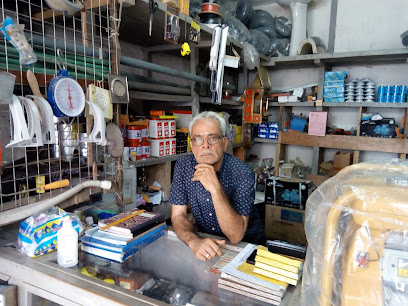
Just You & Me
Explore the vibrant world of gadgets at Just You & Me, Freetown's premier electronics destination for tourists seeking the latest technology.
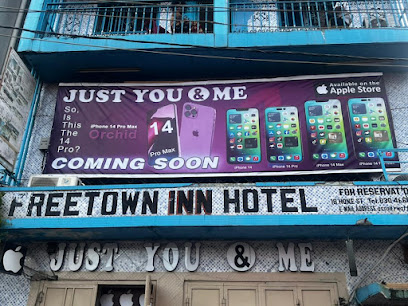
Gifts and More
Discover unique souvenirs and local crafts at Gifts and More in Freetown, the perfect spot for tourists seeking authentic Sierra Leonean treasures.
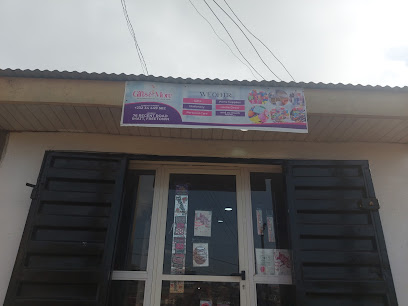
Essential bars & hidden hideouts
Roof Garden Bar & Restaurant
Discover the vibrant ambiance and authentic flavors at Roof Garden Bar & Restaurant in Freetown, where culinary delights meet breathtaking views.
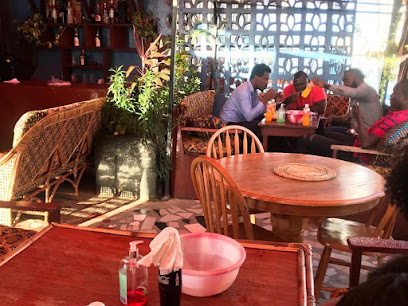
The Warehouse
Discover the vibrant nightlife of Freetown at The Warehouse, a lively bar and nightclub near Lumley Beach offering cocktails, dancing, and unforgettable experiences.
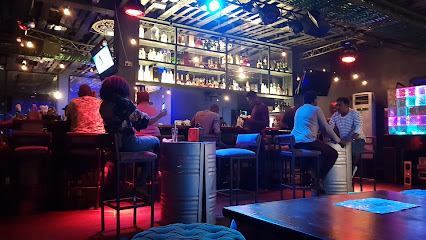
Leone sky bar
Discover Leone Sky Bar in Freetown for stunning views, exquisite cuisine, and a vibrant atmosphere perfect for tourists.
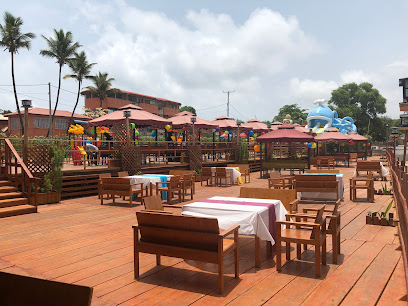
Eddies Bar and Grill
Experience the vibrant flavors of Freetown at Eddie's Bar and Grill, where local cuisine meets a lively atmosphere and unforgettable hospitality.
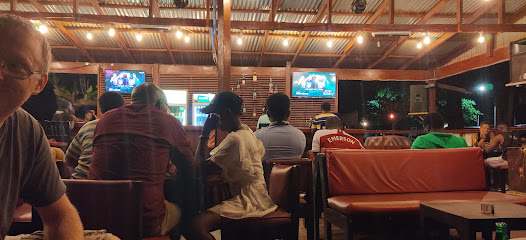
Remedy Hangout Bar
Experience the vibrant nightlife of Freetown at Remedy Hangout Bar, where local flavors and lively music create unforgettable memories.
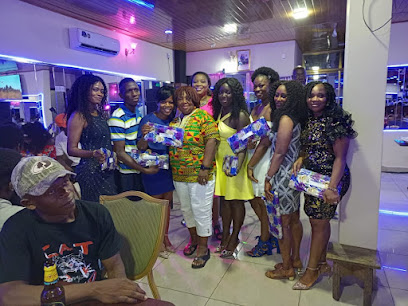
Mamz Beach Bar
Mamz Beach Bar: A lively beachfront escape in Freetown with delicious drinks, local cuisine, and stunning ocean views.
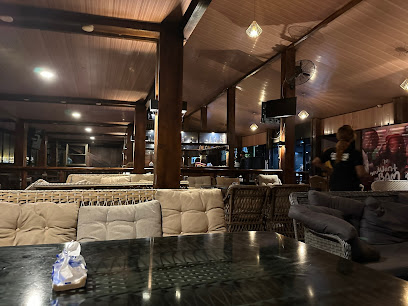
Aista Restaurant and Bar
Discover Aista Restaurant and Bar, where local flavors meet breathtaking views at Lumley Beach, Freetown's vibrant coastal escape.
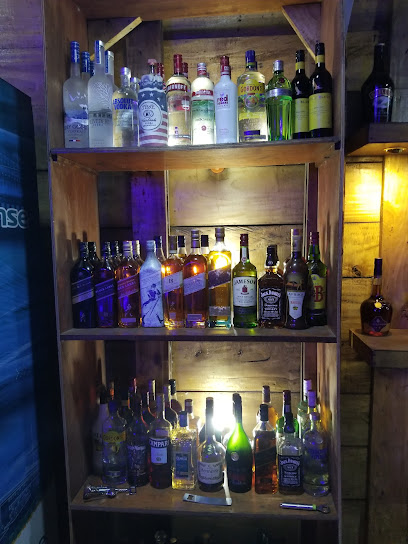
DeVillage Beach Bar & Restaurant
Experience the vibrant flavors of Freetown at DeVillage Beach Bar & Restaurant, where culinary delights meet spectacular ocean views.
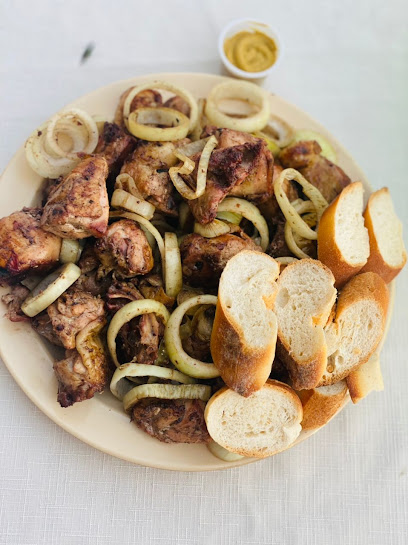
Plan B
Experience the lively ambiance of Plan B, a top bar in Freetown, perfect for socializing and unwinding with a diverse drink selection.
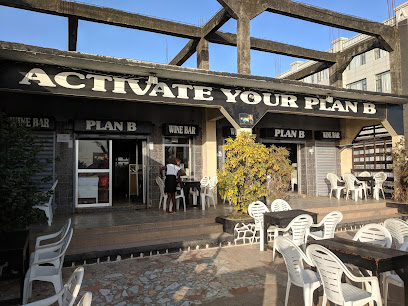
Empress Bar
Discover a vibrant atmosphere at Empress Bar in Freetown, where relaxation meets local culture in a cozy setting.
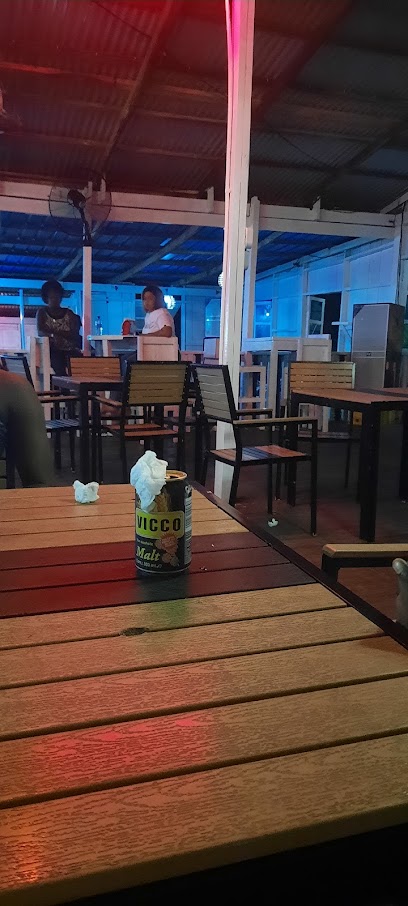
Jomat Bar N Lounge
Discover the vibrant nightlife and local flavors at Jomat Bar N Lounge, Freetown's premier grill destination for food and fun.
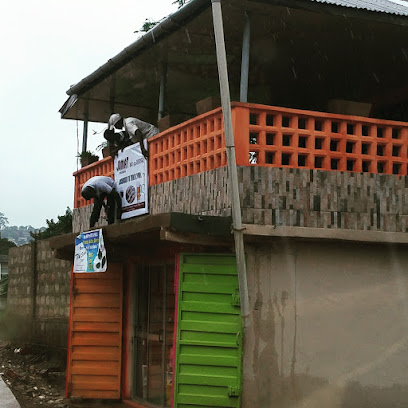
London Cafe
Discover the cozy charm of London Cafe in Hill Station, Freetown, where local flavors and a welcoming ambiance create unforgettable moments.
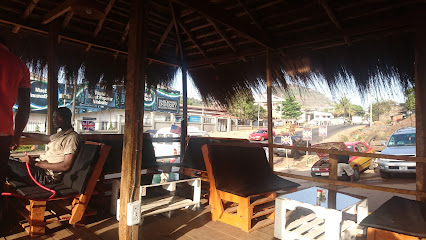
Honey suckle pub
Experience the vibrant atmosphere of Honey Suckle Pub in Freetown, where local culture meets refreshing drinks in a cozy setting.

De Arc Sports Bar
Discover the lively ambiance of De Arc Sports Bar in Freetown, where locals and tourists unite for great drinks and fun-filled evenings.

Local Phrases
-
- HelloSalone
[sa-lo-neh] - GoodbyeBaa
[bah] - YesAweh
[ah-weh] - NoNar
[nah] - Please/You're welcomeKushe
[koo-sheh] - Thank youTenki
[ten-kee] - Excuse me/SorrySorri
[soh-ree] - How are you?How de bodi?
[hau deh boh-dee] - Fine. And you?Fine. An yu?
[fai-ne. an yu?] - Do you speak English?Yu de tok Inglish?
[yu deh tok in-gleesh?] - I don't understandAh nor sabi
[ah nor sah-bee]
- HelloSalone
-
- I'd like to see the menu, pleaseAh go lek see di menu, abeg
[ah goh lek see dee meh-noo, ah-beg] - I don't eat meatAh nor de eat meet
[ah nor deh eet meet] - Cheers!Na wi yu!
[nah wee yu!] - I would like to pay, pleaseAh go lek pay, abeg
[ah goh lek pay, ah-beg]
- I'd like to see the menu, pleaseAh go lek see di menu, abeg
-
- Help!Eba!
[eh-bah!] - Go away!Fot am!
[foht ahm!] - Call the Police!Kol di Polis!
[kohl dee poh-lees!] - Call a doctor!Kol dokita!
[kohl doh-kee-tah!] - I'm lostAh loss
[ah loss] - I'm illAh sick
[ah sik]
- Help!Eba!
-
- I'd like to buy...Ah go lek buy...
[ah goh lek buy...] - I'm just lookingAh jis di luk
[ah jis dee look] - How much is it?How much e cost?
[hau moch eh cost?] - That's too expensiveDat wan too moch
[daht wahn too moch] - Can you lower the price?Yu go fit lek am small?
[yu goh fit lek ahm smawl?]
- I'd like to buy...Ah go lek buy...
-
- What time is it?Wetin tem e bi?
[weh-teen tem eh bee?] - It's one o'clockNa wan tem
[nah wahn tem] - Half past (10)Haft pas tin
[hahft pahs teen] - MorningMornin
[mohr-neen] - AfternoonAftanun
[ahf-tah-noon] - EveningIvinin
[ee-vee-neen] - YesterdayYesta
[yes-tah] - TodayTide
[tee-deh] - TomorrowTomora
[toh-moh-rah] - 1Wan
[wahn] - 2Tu
[too] - 3Tri
[tree] - 4Foh
[foh] - 5Fayv
[fahyv] - 6Seks
[sehks] - 7Sevun
[seh-vuhn] - 8Eit
[eyt] - 9Nain
[neyen] - 10Ten
[tehn]
- What time is it?Wetin tem e bi?
-
- Where's a/the...?Wey di... day?
[weh dee day?] - What's the address?Wetin di addres bi?
[weh-teen dee ad-dres bee?] - Can you show me (on the map)?Yu kin show mi (pan di map)?
[yu keen show mee (pahn dee mahp)?] - When's the next (bus)?Wetin tem di nex wan kom?
[weh-teen tem dee nehks wahn kohm?] - A ticket (to ....)Wan tiket (go ...)
[wahn tee-keht (goh ...)]
- Where's a/the...?Wey di... day?
History of Freetown
-
Freetown, the capital city of Sierra Leone, was founded in 1792 by the Sierra Leone Company as a settlement for freed African American, Afro-Caribbean, and Liberated African slaves. The city’s founding was part of an effort spearheaded by British philanthropists who aimed to create a safe haven for freed slaves. The original settlers, known as the Nova Scotians, played a crucial role in establishing the city.
-
In 1800, a group of Jamaican Maroons, who were also freed slaves, arrived in Freetown. They joined the Nova Scotians in building the settlement, contributing to its growth and development. The Maroons were known for their military skills and played a significant role in defending the settlement from external threats.
-
Following the British Parliament’s abolition of the transatlantic slave trade in 1807, Freetown became a key site for the resettlement of liberated Africans. The British Royal Navy intercepted slave ships and brought thousands of freed Africans to Freetown, where they were given their freedom and integrated into the local community.
-
During the colonial period, Freetown evolved into a major administrative and commercial hub. The British colonial administration constructed several important infrastructures, including roads, schools, and hospitals. Freetown's King’s Yard Gate, built in 1819, became a symbol of the city's role in the anti-slavery movement.
-
Sierra Leone gained independence from British colonial rule on April 27, 1961. Freetown, as the capital, witnessed significant political and economic transformations. Despite challenges, the city has grown and modernized over the decades, becoming a vibrant center of culture, education, and commerce in West Africa.
-
Freetown is rich in cultural heritage and boasts numerous landmarks. The Cotton Tree, a historic symbol of freedom, is one of the city’s most iconic landmarks. Other significant sites include the Sierra Leone National Museum, St. George’s Cathedral, and the Freetown Central Mosque, each reflecting the city's diverse cultural fabric.
-
Freetown was deeply affected by the Sierra Leone Civil War (1991-2002). The conflict caused significant disruption and damage to the city. However, post-war recovery efforts have been remarkable. International aid and local initiatives have contributed to rebuilding the city's infrastructure and social fabric, fostering a resilient community.
Freetown Essentials
-
Freetown, the capital city of Sierra Leone, is primarily accessible via Lungi International Airport (FNA), located across the Sierra Leone River from Freetown. Upon arrival, options to reach the city include taking a ferry, water taxi, or helicopter. The ferry is the most economical choice, while the water taxi offers a quicker and slightly more expensive alternative. Helicopter services are the fastest but also the priciest. Additionally, travelers can reach Freetown by road from neighboring countries such as Guinea and Liberia.
-
In Freetown, various transportation options are available including taxis, poda-podas (minibuses), and motorbike taxis. Taxis are the most common and relatively affordable means of getting around. Poda-podas are a cheaper but more crowded option. Motorbike taxis, known as 'okadas,' are quick but can be less safe. Car rentals are available but navigating the city's traffic and road conditions can be challenging. Public transportation services are not always reliable, so it's advisable to plan ahead.
-
The official currency of Sierra Leone is the Leone (SLL). While major hotels and some restaurants in Freetown accept credit cards, cash is still widely used, especially in local markets and smaller businesses. ATMs are available throughout the city, but it is wise to carry enough local currency for daily expenses. Foreign currencies can be exchanged at banks and authorized exchange bureaus. It's advisable to avoid street money changers for security reasons.
-
Freetown is generally safe for tourists, but like any major city, it has areas with higher crime rates. Be especially cautious in neighborhoods such as Kroo Bay and Susan's Bay, where petty crimes like pickpocketing and bag snatching are more common. Avoid walking alone at night and always stay vigilant. Keep your belongings secure and avoid displaying valuables in public. Stick to well-lit and populated areas and consider using reputable taxi services for transportation.
-
In case of emergency, dial 112 for immediate assistance. Freetown has several hospitals and clinics, such as Connaught Hospital and Choithram Memorial Hospital, that can provide medical assistance. Pharmacies are available for over-the-counter medications. It's advisable to have travel insurance that covers medical emergencies. For police assistance, visit the nearest police station or contact the Tourist Police, who are trained to assist visitors.
-
Fashion: Do dress modestly, especially when visiting religious sites or rural areas. Avoid overly revealing clothing. Religion: Do respect local customs and traditions. Remove your shoes and cover your head when entering mosques. Public Transport: Do be polite and patient when using public transport. Don't argue with drivers or other passengers. Greetings: Do greet people with a handshake and a smile. A respectful greeting in Krio, the local language, is always appreciated. Eating & Drinking: Do try local dishes and accept food offerings graciously. Don't refuse hospitality, as it is considered impolite.
-
To experience Freetown like a local, visit the bustling markets such as Big Market and Congo Market, where you can buy local crafts and fresh produce. Engage with locals, who are often friendly and willing to share insights about their culture and history. Don't miss visiting the historic sites like the Cotton Tree and the National Museum. For a unique experience, take a stroll along Lumley Beach, a popular spot for both locals and tourists.
Trending Landmark in Freetown
-
Cotton Tree
-
Visit Sierra Leone (VSL Travel)
-
Sierra Leone Peace Museum
-
National Railway Museum
-
Freetown Central Mosque
-
Old Fourah Bay College
-
State House of Sierra Leone
-
Climb Salone
-
St. John's Maroon Church
-
Parliament Of Sierra Leone
-
KingTom Landfill Freetown
-
Leone Lodge Freetown
-
Looking town
-
Sierra Leone Peace & Culture Monument
-
Bat Hole Regent Village Freetown Sierra Leone
Nearby Cities to Freetown
-
Things To Do in Codrington
-
Things To Do in English Harbour
-
Things To Do in Liberta
-
Things To Do in Falmouth
-
Things To Do in All Saints
-
Things To Do in St. John's
-
Things To Do in Bolands
-
Things To Do in Jolly Harbour
-
Things To Do in Dickenson Bay
-
Things To Do in Woodlands
-
Things To Do in Gingerland
-
Things To Do in Newcastle
-
Things To Do in Cotton Ground
-
Things To Do in Charlestown
-
Things To Do in Basseterre












